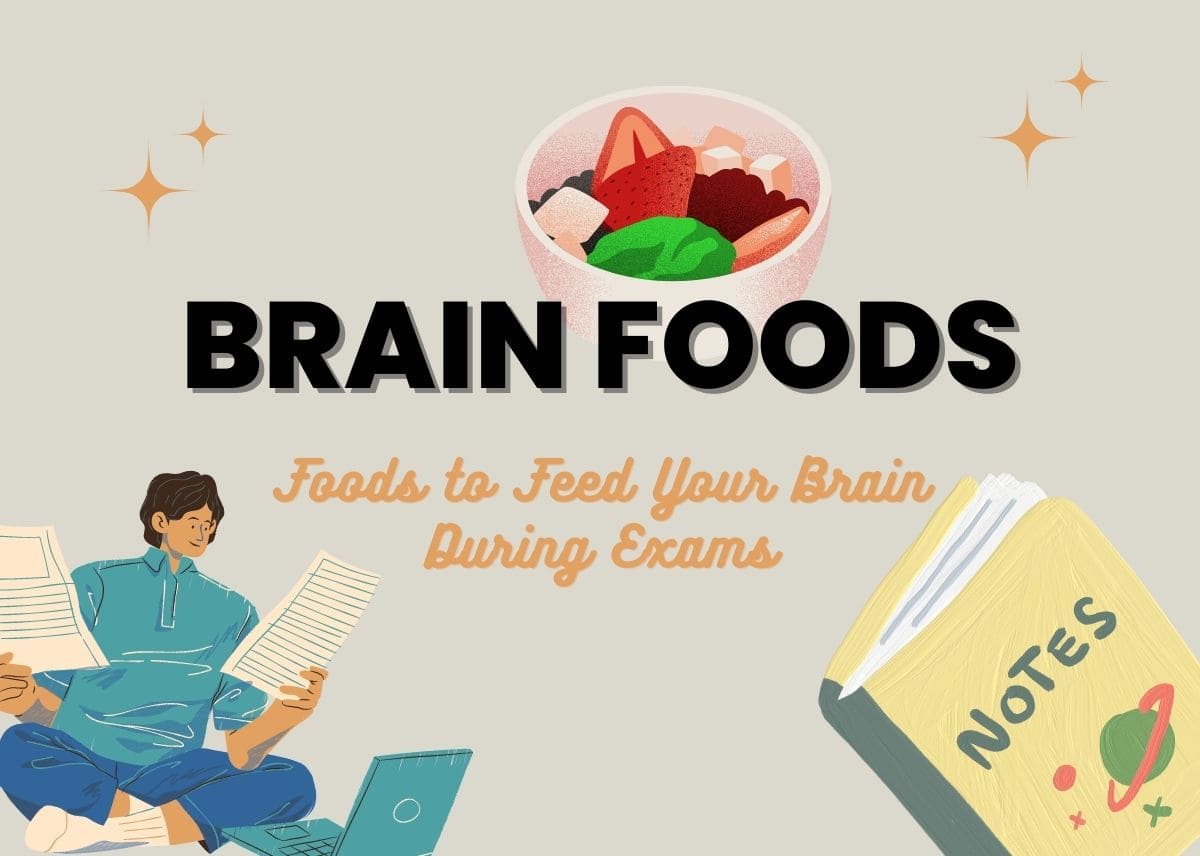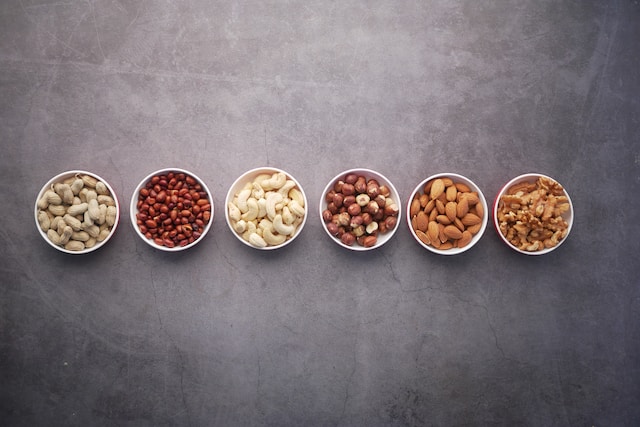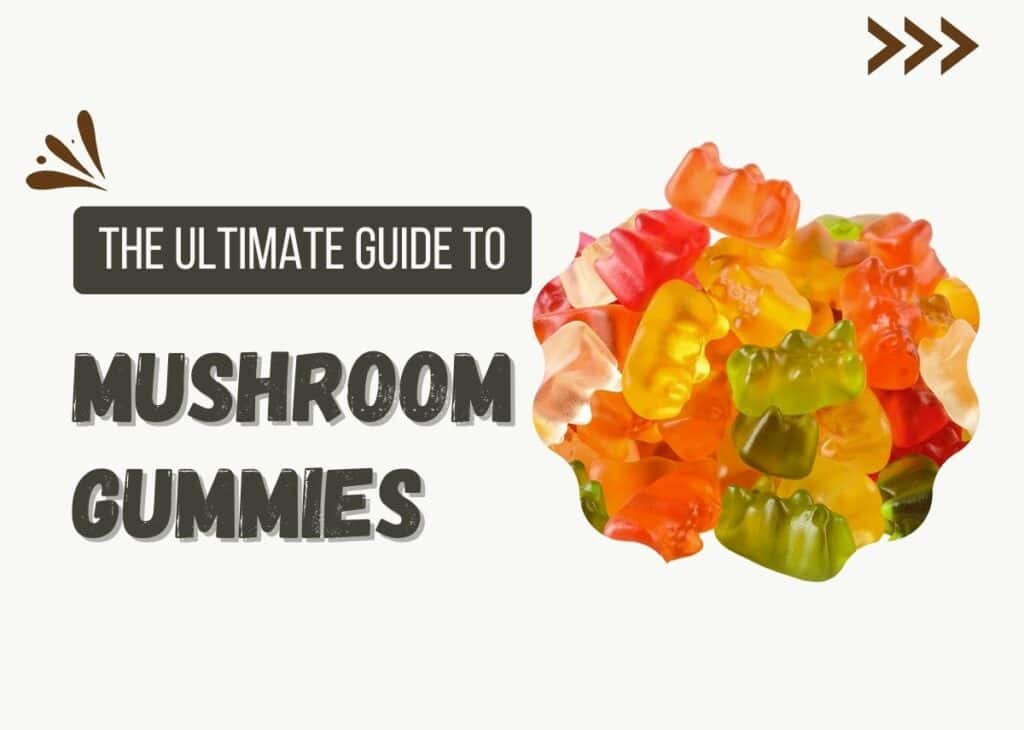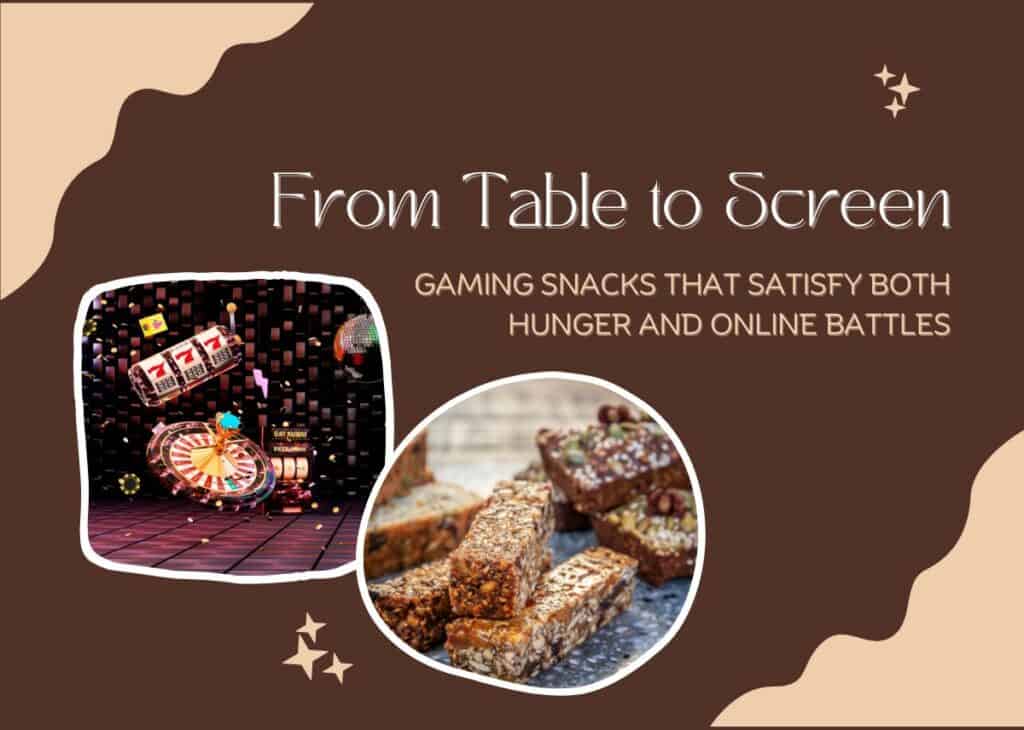Brain Foods: Tools & Foods to Feed Your Brain During Exams

Tools & Foods to Feed Your Brain During Exams? When you’re a student at college studying for exams, you may not think that much about what you eat. It is easy to exist on junk food because you don’t have time to spend cooking. It pays to give more attention to what you eat because it can affect your performance. Some foods, like the following ones, can help to fuel your brain. They are not that difficult to incorporate into your diet.
Table of Contents
Tools to Feed Your Brain During Exams
1. Essay examples
As a student, it can be hard to focus on healthy eating and write essays when you also have to study for exams. Using online writing services that offer essay examples on many topics can help. You can find everything from a food essay to minimum wage essay examples on EduBirdie. If you can’t find an essay on the topic you need to write about, you can ask an essay writer to help you write a quality essay.
2. Pomodoro timer
The Pomodoro technique is a time management method that involves working in short, focused bursts followed by short breaks. Using a Pomodoro timer can help you stay focused and make the most of your study time.
Set a timer for 25 minutes, the Pomodoro technique involves working for 25 minutes at a time, followed by a 5-minute break. During each 25-minute work session, focus on one task at a time. This can help you to stay focused and avoid distractions.
The Pomodoro technique is customizable, so you can adjust the timing to fit your needs. For example, you might find that working for 50 minutes at a time followed by a 10-minute break works better for you.
3. White noise
Listening to white noise or other ambient sounds can help block out distractions and improve focus. Use a white noise app or website, there are many free apps and websites that offer a variety of white noise options, from rain sounds to fan noise. Experiment with different options to find what works best for you.
Use it consistently, to get the most benefit from white noise, it’s important to use it consistently. Incorporate it into your study routine and use it every time you need to focus.
4. Flashcards
Flashcards are a classic study tool that can help you memorize important information. Flashcards are most effective when they focus on key concepts and information. Avoid creating flashcards that are too long or contain too much information.
Making your own flashcards is a great way to engage with the material and ensure that you are studying the most important information. Write the question on one side of the card and the answer on the other.
5. Exercise
Exercise has been shown to improve cognitive function and memory, so be sure to get some exercise during exam season. Even a short walk or some stretching can help improve focus and reduce stress.
Foods to Feed Your Brain During Exams
1. Berries
Berries are high in flavonoid compounds or anthocyanins. These compounds increase blood flow to the brain and protect against inflammation. They also improve signaling pathways that promote cellular processes and the production of nerve cells involved in learning and memory. One study found that drinking a berry smoothie resulted in quicker response times of participants on attention and task-switching tests.
Eating a breakfast of yogurt and berries or drinking a berry smoothie will get your metabolism going in the morning. You should aim for a minimum of two fruits a day as part of a healthy diet.
2. Nuts
Nuts are nutrient-dense and contain vitamins like vitamin E. They also contain minerals like zinc that can improve your brain health. Various studies show that nuts can improve reaction time and performance on brain tests.

Nuts are easy to incorporate into your diet. If you’re looking for a nice study snack, walnuts and almonds make a good choice. They are concentrated sources of protein, fiber, and healthy fat. Walnuts are rich in heart-healthy fats and antioxidants that improve your physical health, so you have more energy to learn.
3. Eggs
Eggs are rich in nutrients, including vitamin B12, selenium, and choline. Low levels of vitamin B12 can impair brain function. Selenium is involved in cognition and memory. Choline helps with brain development and produces a neurotransmitter that’s essential for memory storage. The lutein in eggs is also associated with better mental function.
Eggs are so versatile and quick to cook that it’s easy to make them part of your breakfast, lunch or supper. A poached egg on toast with mushrooms is an easy and sustaining breakfast to make.
4. Green, orange and red vegetables
Vegetable intake is associated with better brain health. Vegetables like peppers, broccoli, and carrots are rich in carotenoids that give them their color. They can improve brain function. Carotenoids like lutein and zeaxanthin are positively associated with academic performance.
Lunch could consist of a baby spinach salad with some chopped red peppers and sliced carrots. Add some hard-boiled eggs for protein. Stir-fried leafy greens and chickpeas would be another good meal prior to opening your books. Your evening meals can also be full of vegetables like kale, spinach and broccoli.
5. Oily fish
Omega-3s play an essential role in brain health. They help to build and repair brain cells. Salmon and other oily fish like tuna, mackerel, and sardines are rich in omega-3s. There is a connection between Omega-3s and improved thinking ability.
To incorporate fish into your diet, you could eat a lunchtime meal of tuna salad in a whole grain wrap. A healthy evening meal could consist of salmon, baked potatoes, carrots, and broccoli.
6. Whole grains
Eating whole grains provides you with fiber, vitamins like vitamin E, and minerals. Foods include brown rice, oatmeal, barley, whole grain bread, and wholegrain pasta. They can help to control weight, blood pressure and cholesterol levels. This improves your overall health and gives you more energy for what you need to do.
You can eat oatmeal or a whole grain cereal with fruit for breakfast in the morning. Whole grain bread or a whole grain wrap can accompany a salad for lunch. Brown rice with vegetables and lean protein make a fine evening meal.
7. Dark chocolate
Dark chocolate contains caffeine and antioxidants, which can help improve focus and concentration. It also contains flavonoids, which have been shown to improve memory and cognitive function.
Conclusion
As a student, the food you eat can have a negative or positive effect on your performance. Eating junk food may give you a temporary boost, but it quickly wears off. If you want to fuel your brain, you need to give it the right foods. Berries, nuts, oily fish and other foods contain essential nutrients that will give your brain that it needs to perform at its best.
Author’s Bio
Barry Ramos takes his time to understand a topic and researches from the best resources. He does this in order to deliver essay samples that students can be confident of while using and writing great essays on their own. He is a successful academic writer, and with his assistance, many students around the world have gained confidence in their writing work.
2 Comments
Leave a Reply
You must be logged in to post a comment.













Thanks a lot!
You are welcome Jake.